Last Updated on February 13, 2021
It is not unheard of for cats, especially kittens, to take a liking to certain vegetables. You will also find different types of vegetables as ingredients in commercial cat food, both wet and dry varieties. If you are wondering what vegetables your cat can safely eat or which you can offer, continue reading.
Is It Okay To Feed Cats Vegetables?
Before we get into what vegetables are considered safe, let’s address the giant hairball in the room. Cats are pure carnivores which means their bodies are designed to function at maximum health on a meat-only diet. The reason you will see other items in commercial cat food comes down to the need for added nutrition. In the wild, a cat would catch, kill, and eat their prey which would supply everything they need for nutritional value. Because most commercial cat food is not raw and rather cooked, it lacks proper nutrition and this is often brought to complete nutrition using small quantities of vegetables (and/or fruit). In short, it is okay for cats to eat vegetables when it comes to balancing their nutritional needs.
Which Vegetables Are Safe For Cats?
Not every vegetable is created equal and most will require some form of preparation to be somewhat digestible for cats. While their bodies can absorb some nutrition from vegetables, it must be made easy on their digestive tract regardless. Below is a list of vegetables you can feed or offer to your car in moderation (small quantities).
Vegetables You Should NEVER Feed Your Cat
While a good number of vegetables can offer your cat a nutritional boost, some can cause harm to their bodies. These vegetables are either considered a toxin or they deplete vitamins and/or minerals to dangerously low levels in a cat’s body that can lead to long-term health problems or death. Below are the vegetables you should NEVER feed your cat.
What About Fruit?
Fruits are similar to vegetables in that some can be beneficial in small amounts. They can balance nutritional needs or even help in recovery from certain issues such as a UTI or constipation. Other benefits that can come from certain fruit include healthier skin and coat, controlling certain allergies, improving eye health, better digestion, and ridding minor infections.
Which Fruit Are Safe For Cats?
While fruits are not something cats are very likely to eat on their own, they can be added to their meal for a healthy boost of added nutrition or as a natural remedy for a minor ailment. Below are fruits your cat can eat that offer benefits to their overall health.
Fruit You Should NEVER Feed Your Cat
Just like vegetables, there are certain fruits that are not only considered toxic but in some cases deadly to cats. These fruits are very unlikely to be eaten by your cat on their own but can be found in meals, snacks, or treats you enjoy that include other items that may tempt your cat. Below are fruits you should never allow your cat to eat under any circumstances.
What If My Cat Doesn’t Like Vegetables Or Fruit?
If your cat is not a fan of anything listed, that is okay! Many cats out there will snub their food if they get even the slightest smell of these vegetables or fruits. Don’t expect your cat to enjoy these items outside of being ingredients in the canned or dry food they already enjoy. You never want to force your cat to eat something they have no interest in as this can result in high levels of stress that can put your cat off from eating altogether. If you are using a vegetable or fruit as a natural remedy, it is better to use a food they are not accustomed to eating regularly just in case they decide they do not enjoy it. Using powdered whole food supplements is usually a better approach for something like this. Always speak with your veterinarian about proper dosage before adding any natural supplement to your cat’s diet.
It’s All About Balanced Nutrition
Adding the right fruits and vegetables can add years to your cat’s life or be a healthy approach to healing their body but you need to do it with their overall nutrition in mind. While most of the safe foods listed are okay for a treat or occasional ingredient, even healthy fruits and vegetables can cause harm if your cat is suffering from certain conditions. Before adding any fruit or vegetables to your cat’s daily diet, it is important to discuss this with a veterinarian who is knowledgeable on the proper feline diet as well as your own cat’s medical history.
Header image from Snixy Kitchen
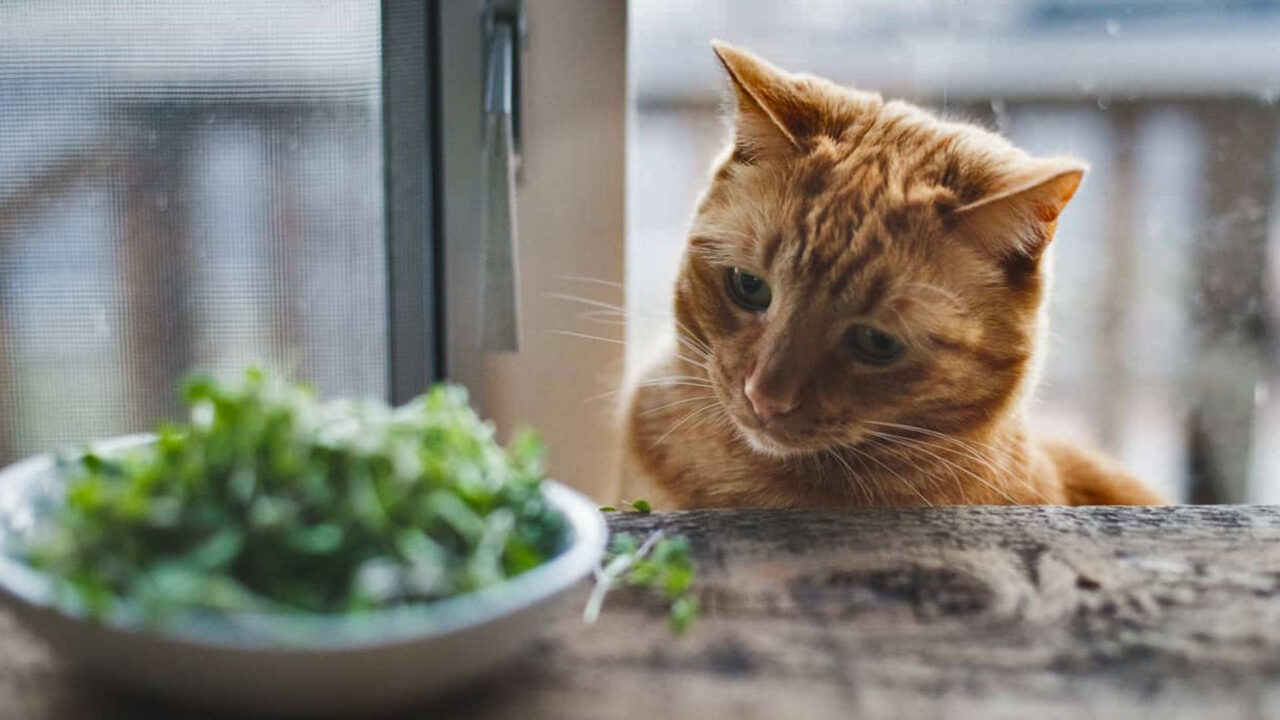
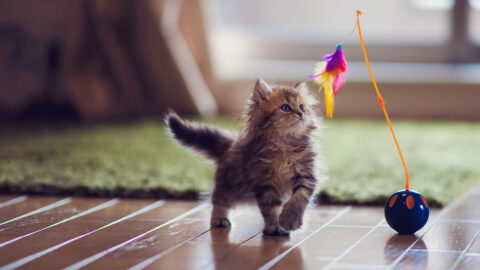
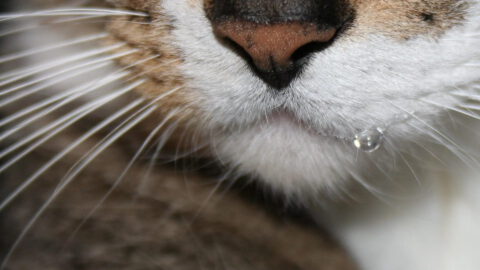
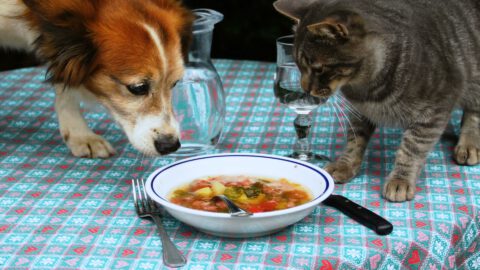
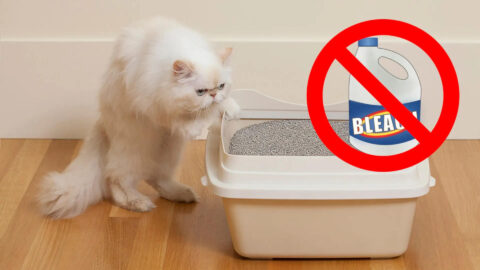
Very good article, thanks for sharing the information. Sometimes doubts arise about what our little ones can or cannot eat.
All the best